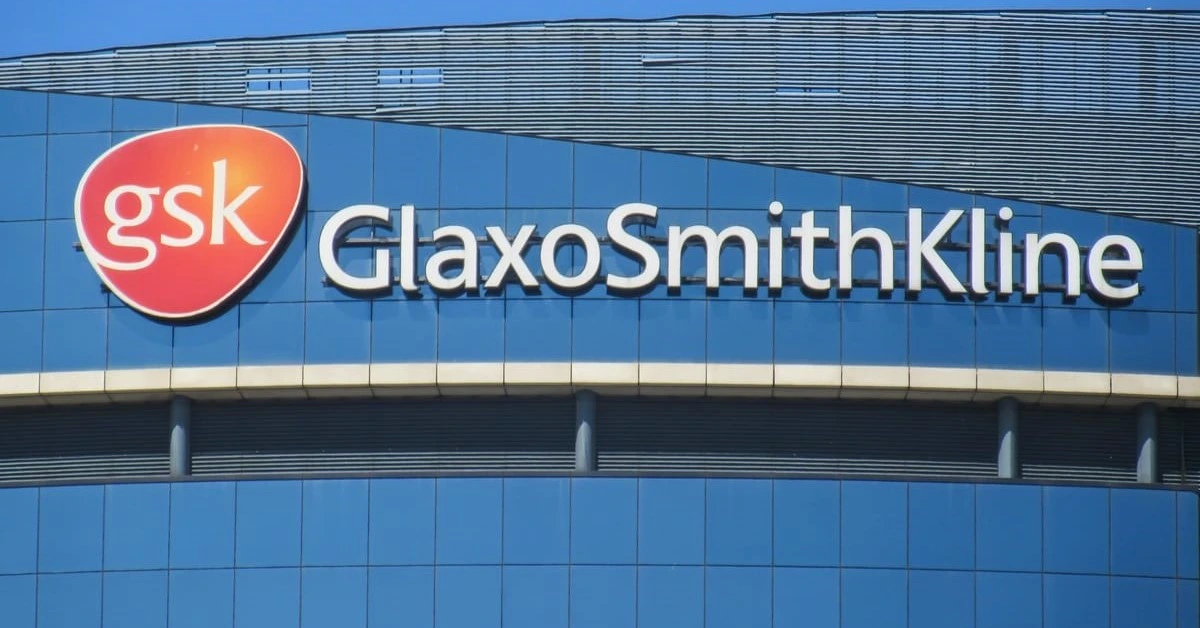
UK – GSK has disclosed its third-quarter financials, revealing a challenging period for its vaccine division due to weakened performance of its Arexvy RSV vaccine and the shingles vaccine, Shingrix.
However, the company also highlighted growth in its HIV and oncology treatments, with significant developments in its new product pipeline.
After a successful launch last year, GSK’s Arexvy vaccine, targeted at respiratory syncytial virus (RSV), faced a substantial revenue decline, with third-quarter sales dropping 72% to £188 million (US $243.9 million).
This drop follows recent recommendations from U.S. health authorities that limit routine RSV vaccinations primarily to older, high-risk populations—a shift GSK had cautioned could impact sales.
The resurgence of COVID-19 cases has further redirected vaccination priorities, making Arexvy less of a focus in U.S. healthcare practices.
Despite these challenges, GSK reported that Arexvy still maintains about a two-thirds share in the retail market.
CEO Dame Emma Walmsley acknowledged the impact on the company’s vaccine segment, emphasizing that GSK’s other divisions are poised to support growth: “Our pipeline continues to strengthen, with 11 positive phase three trials reported so far this year.”
Growth in HIV and cancer medicines bolsters sales
While vaccine sales were down, GSK saw encouraging growth in its HIV and oncology divisions. Sales of cancer treatments nearly doubled compared to last year, driving the company’s overall sales growth by 2%.
Walmsley noted, “Strong growth in specialty medicines helped to offset lower vaccine sales and reflected successful new product launches in oncology and HIV, as well as the resilience we have now built into GSK’s portfolio and performance.”
Financial impact of Zantac settlement
The quarter’s financial results were also impacted by a US $2.2 billion (£1.68 billion) settlement related to lawsuits in the U.S. over the discontinued heartburn medication Zantac.
As a result, GSK reported a significant profit reduction, with earnings plunging 96% to £65 million (US $84.3 million).
The company is hopeful that its investments in high-growth areas will help offset the financial strain from this one-time settlement cost.
Looking ahead, GSK plans to advance five new products by 2025, including Blenrep for cancer, Depemokimab for asthma, and a potential treatment for chronic obstructive pulmonary disease (COPD), Nucala.
Additionally, GSK will prioritize its 30-plus-valent pneumococcal vaccine in adults, which Chief Scientific Officer Tony Wood says “pursues the broadest potential coverage and builds on our meningitis portfolio.”
To streamline its portfolio, GSK also announced it would be discontinuing four of its Phase II assets, including a 24-valent pneumococcal vaccine candidate and a gonorrhoea vaccine, to focus resources on higher-priority treatments.
Reaffirmed growth targets despite vaccine slowdown
Despite challenges, GSK reaffirmed its full-year guidance, expecting mid-range growth with sales projected to increase between 7% to 9% at constant exchange rates.
However, the outlook for vaccine sales has been adjusted to reflect a low single-digit decline, a shift from earlier projections of moderate growth.
Derren Nathan, an analyst at Hargreaves Lansdown, expressed optimism, noting GSK’s strength in specialty medicines and its expanding oncology treatments, adding, “The higher margins in this division have had a positive impact on the bottom line, and full-year targets remain unchanged.”
XRP HEALTHCARE L.L.C | License Number: 2312867.01 | Dubai | © Copyright 2025 | All Rights Reserved